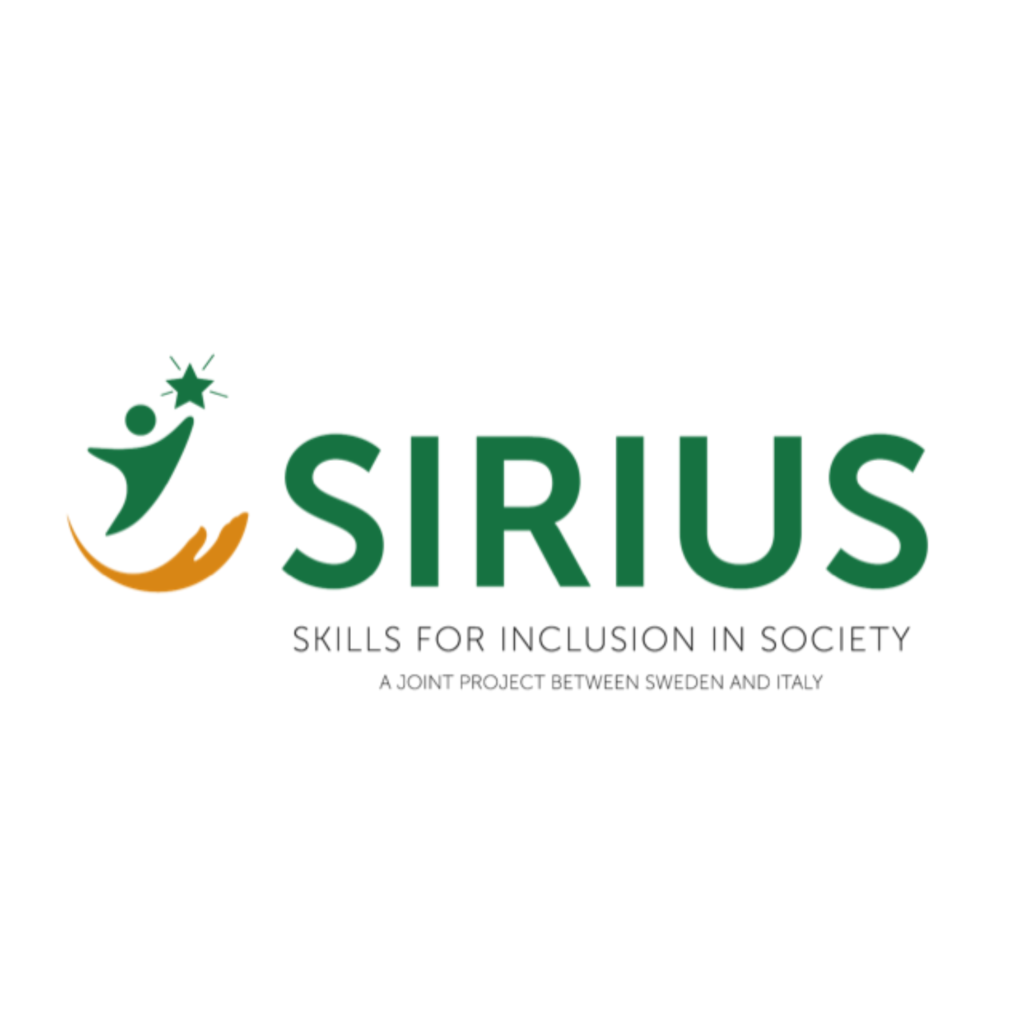

Erasmus KA2, small scale partnership

The project stems from the need expressed by all partners to jointly address the challenges of ensuring a smooth transition from the rehabilitation processes of adults with dual diagnosis to their reintegration into society and in particular the labour market.
It is clear that the social sector, and specifically social enterprises and public officials, lack knowledge about effective methodologies and strategies to guide adults in their process of reintegration into society. This difficulty becomes even more relevant in the context of adults with dual diagnosis, as the lack of knowledge about the origin of their situation and the correlation between the two diagnoses makes it even more difficult to establish actions to support their integration into society.
The general objective of SIRIUS is to improve the inclusion of dual diagnosed adult in the society and labour market.
The specific objectives are:
The activities that the project will implement in order to reach the specific objectives are:
The results that the project are

This online store offers a unique collection of handcrafted products, created by talented individuals who excel despite life’s challenges. Each item reflects the artisans’ dedication, care, and extraordinary skill, carrying a meaningful story. Purchases support their artistic and craft abilities, providing independent income and promoting inclusion, diversity, and equality.
Many people face difficulties accessing the traditional job market due to physical and social barriers. This e-commerce platform for artisanal products offers an innovative solution to overcome these barriers, valuing skills and talents. It serves a mission of social inclusion, igniting empowerment and opportunity.
Through this virtual platform, messages of hope can be shared, encouraging the public to eliminate barriers hindering universal access to social and economic life. Every purchase positively impacts the lives of these artisans, helping them feel valued and recognised.

Our objective is to increase cooperation among the
members of the network, between Italy and Sweden
and, more in general, the North and South of
the European Union.
Stradone Martiri della Libertà, 15 – 43123 Parma (PR) – Italy | C.F.: 91251370374
Tel: +39 0521686023 – Fax: +39 0521686023 – Website: www.sern.eu – Email: secretariat@sern.eu – PEC: secretariat@pec.sern.eu
© 2024 | All rights reserved | Privacy Policy | Cookie Policy